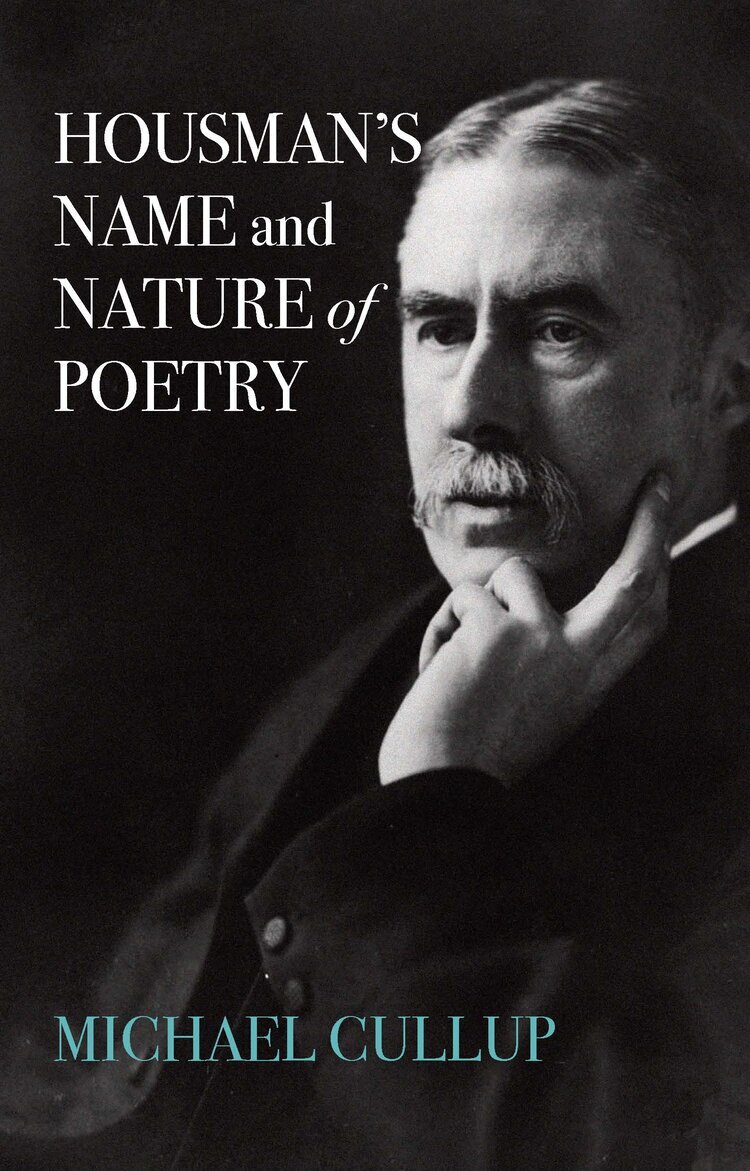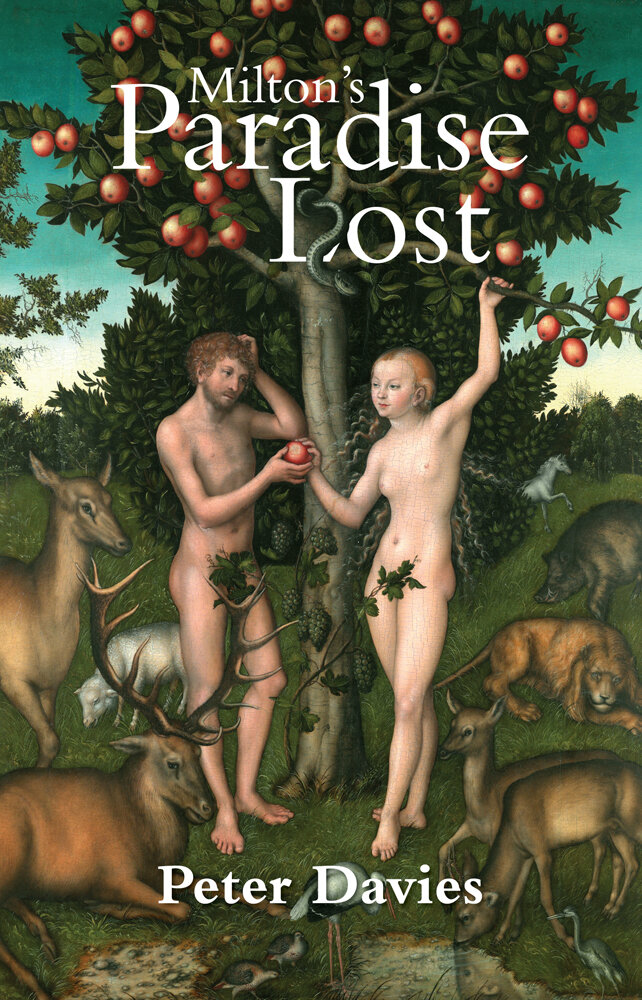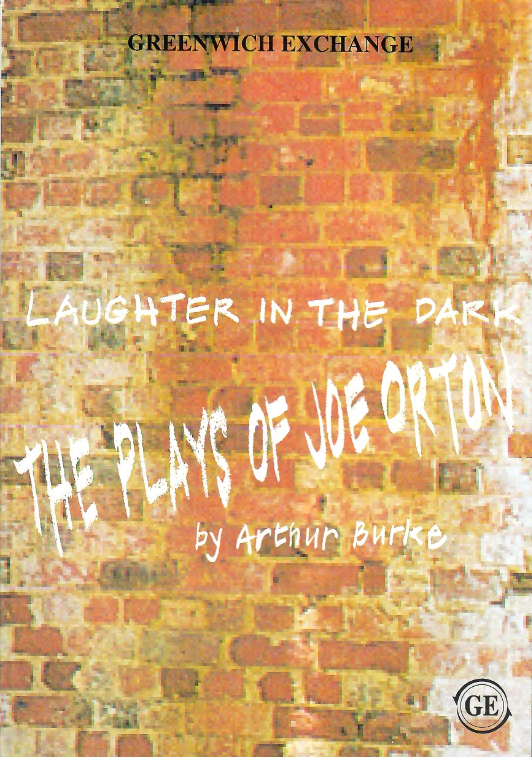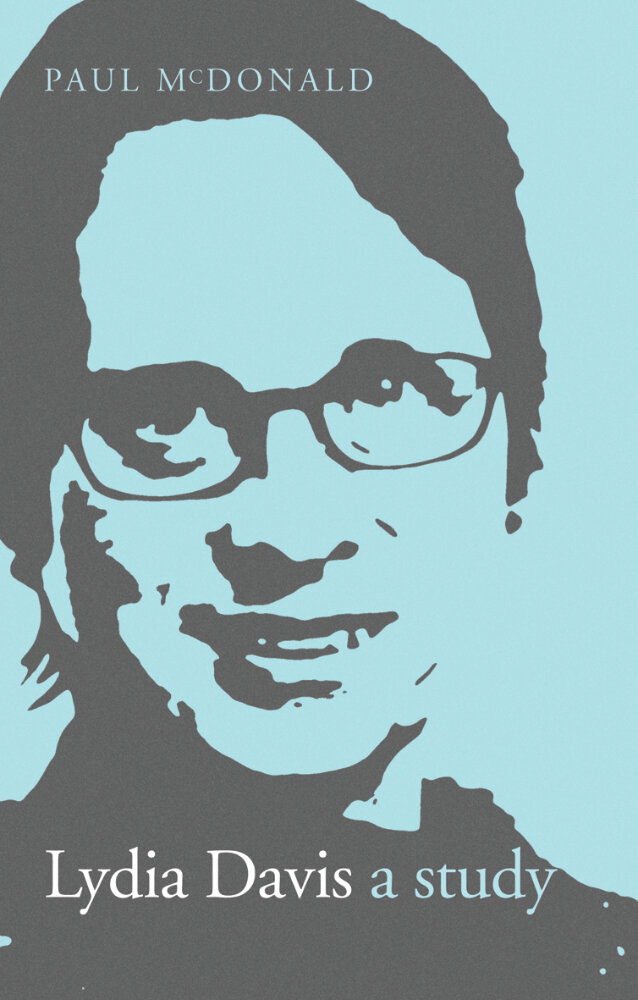 Image 1 of 1
Image 1 of 1


Housman’s Name and Nature of Poetry
Apparently, in 1933, when A.E. Housman had just given the Leslie Stephen Lecture on ‘The Name and Nature of Poetry’, the famous academic and literary critic I.A. Richards muttered ‘This has put us back ten years’. No-one had expected the Professor of Latin at Cambridge University to defiantly challenge the cult of Modernism in such a flagrantly open way. The challenge was delivered by a university professor who was also a poet and who deliberately defied the academic canons of literary criticism.
But what did Housman say?
Michael Cullup describes the detail of Housman’s argument and considers its current relevance. He maintains that Housman’s concentration on what Wordsworth called ‘the true voice of feeling’ in poetry is a timely reminder that poetry’s appeal has always been first and foremost to our emotions. A concentration on reason, intellect and objectivity has alienated potential readers of poetry and severely limited its readership. The reading of poetry is not an academic exercise, but something which should give us pleasure. This pleasure need not be mindless simply because our emotions are involved, but in the absence of emotional engagement the legitimate pleasure of reading poems is severely diminished. This was Housman’s essential argument.
About the author:
Michael Cullup has writen more than twenty books, mainly poetry and literary criticism. His most recent books are a volume of poetry, A Hidden Language (2020), and a critical biography, The Poetry of Harold Monro (2018).
90 pages
ISBN: 978-1-910996-45-4
Apparently, in 1933, when A.E. Housman had just given the Leslie Stephen Lecture on ‘The Name and Nature of Poetry’, the famous academic and literary critic I.A. Richards muttered ‘This has put us back ten years’. No-one had expected the Professor of Latin at Cambridge University to defiantly challenge the cult of Modernism in such a flagrantly open way. The challenge was delivered by a university professor who was also a poet and who deliberately defied the academic canons of literary criticism.
But what did Housman say?
Michael Cullup describes the detail of Housman’s argument and considers its current relevance. He maintains that Housman’s concentration on what Wordsworth called ‘the true voice of feeling’ in poetry is a timely reminder that poetry’s appeal has always been first and foremost to our emotions. A concentration on reason, intellect and objectivity has alienated potential readers of poetry and severely limited its readership. The reading of poetry is not an academic exercise, but something which should give us pleasure. This pleasure need not be mindless simply because our emotions are involved, but in the absence of emotional engagement the legitimate pleasure of reading poems is severely diminished. This was Housman’s essential argument.
About the author:
Michael Cullup has writen more than twenty books, mainly poetry and literary criticism. His most recent books are a volume of poetry, A Hidden Language (2020), and a critical biography, The Poetry of Harold Monro (2018).
90 pages
ISBN: 978-1-910996-45-4






